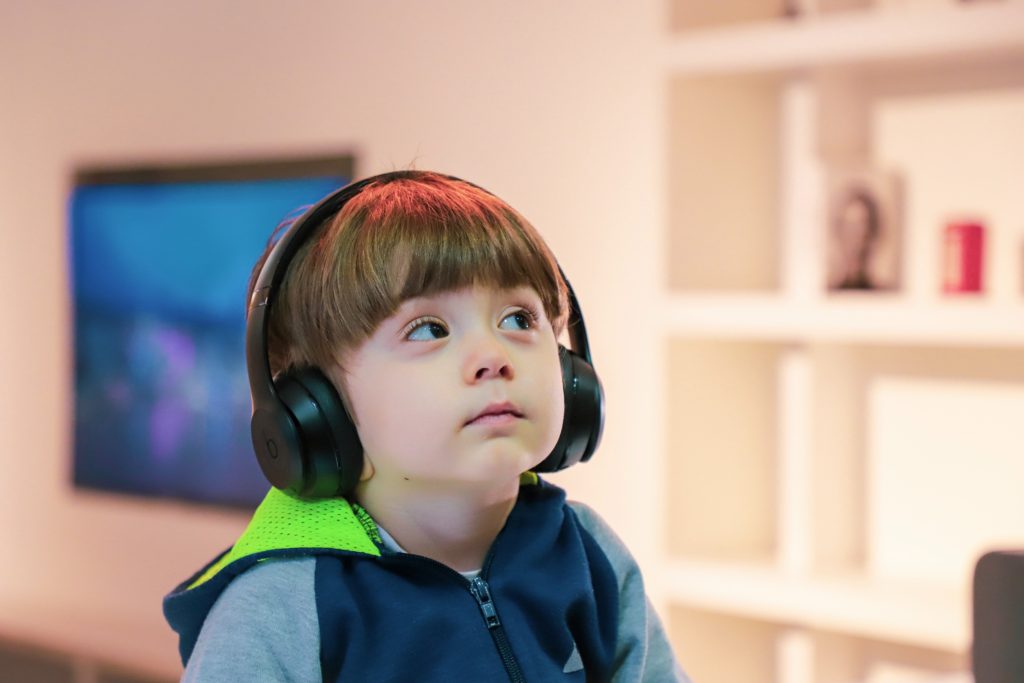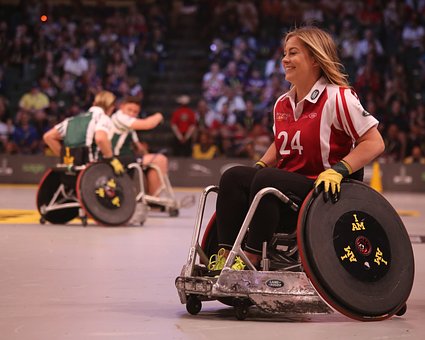
As the parent of a (now-adult) child who had a variety of learning differences, I used to believe that there was nothing normal about my parenting experience. I watched anxiously until he finally learned his letters at the end of first grade. I cried as he struggled to recall words and process information. I knew I had nothing in common with my friends whose children’s development was, at the very least, average. Now I know differently.
As a parent coach, I periodically work with families where a child has a ‘diagnosis’ of some sort. One thing I’m able to tell them pretty quickly is that some of their experiences are not so unusual. In fact, they’re quite normal…. well, as normal as anything can be during the teen years.
I recently learned a bit about Non-verbal Learning Disorder (NLD) from the parents of a 16-year old boy. He presents normally, yet struggles with reading, social cues, and spacial orientation. He requires a great deal of preparation for new environments and situations, but you would never notice or understand the complexity of raising this child to be independent. This condition is not autism, nor is it about intellectual capacity. It is NLD and it is difficult for the child as well as the parents.
Another family has a child with Type A (Juvenile) Diabetes. She requires an insulin pump and constant monitoring. This young lady has daily visits to the nurse’s office, must calculate every bite of food she takes, and feels different from her peers. It’s been challenging for her and her entire family.
Both sets of parents recognize that special treatment applies to the condition itself. Yet they often fall victim to wanting to do too much for their children. After all, they are different, aren’t they? Don’t they need more assistance, more protection, more leniency?
The problem comes when parents see their child as their disease, condition, or diagnosis. With all these special needs, what about these children and their families is ‘normal’? More than you’d think.
These children, all children, are more than the labels. They are kids, with feelings, wants, needs and dreams.
Parents also have feelings, needs, wants and dreams. They struggle with imagining a ‘normal’ life for their special needs child. They are frustrated and angry that everyone seems to be getting through life more easily. The parents feel very, very alone, and the opposite of normal.

In fact, they have much more in common with other parents than they can imagine. Their kids, just like everyone else’s:
* want to belong and be accepted
* have good days and bad days
* can have a lousy attitude
* have acne and body odor
* can be manipulative and moody
* are kind and generous
* want to be unique in some way
* think their parents know nothing
These parents, just like all parents:
* repeat themselves, and wish they didn’t need to
* don’t know how to set firm, yet respectful boundaries
* want to have a better relationship with their child
* wish there was a parenting playbook
* think nobody knows what they’re going through
* want some time for themselves
* judge themselves when they are not patient and understanding
* are frightened of what the future may or may not hold
Our stories may be different,
but we are experiencing the same emotions.
Anything in there sound familiar, moms and dads? Does everything sound familiar?
We are all handling something, plates spinning, sometimes wobbling. Our stories may be different, yet underneath it all we are humans, experiencing much the same emotions.
For my clients there was great comfort in hearing that some of their experiences were not unusual. They felt relief at the normalization of their thoughts and feelings, feeling more connected and less isolated.
We all want the same things for our children: to grow up with strong values, self-control, responsibility, respect, compassion, and all those character traits that will make them productive, satisfied adults who are as independent as their conditions and psyches allow.
At every program I offer and with every consultation I do, the common pain and relief are in this one statement: I don’t feel so alone anymore.
Whether your child has ‘special needs’ or not, you are not alone. Others may not understand the logistics and fears that go with a particular condition; however, at a deeper level, being a parent is the great equalizer. You are not alone, and you are not meant to go on this journey alone.
It takes time and patience to find your tribe. Seek out the people who can go deep, who talk about more than AP courses, achievements, and successes. Pay attention to those who know how to listen and share from their experience, strength and hope. Nurture these relationships and know you are never alone.
